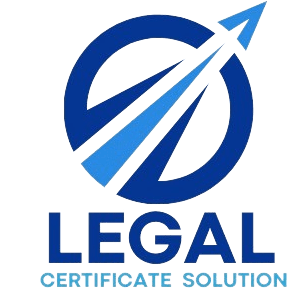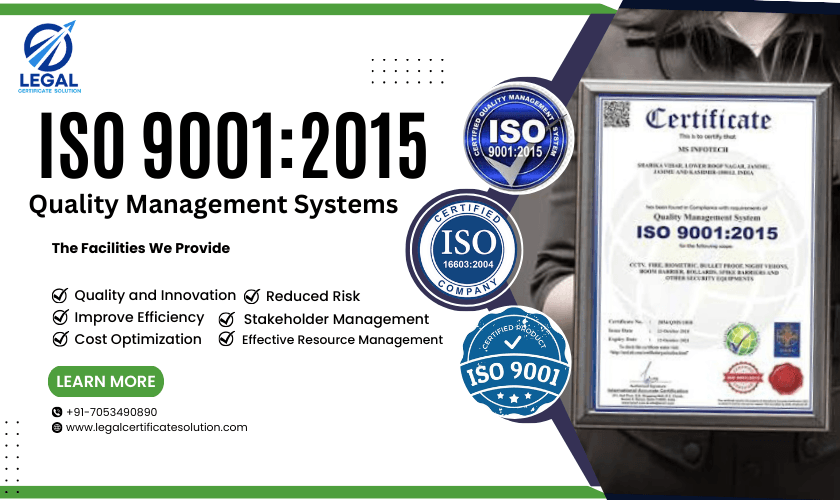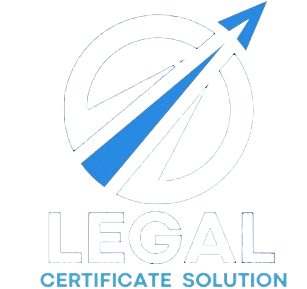NON-IAF ISO 9001:2015 2,500/- or IAF ISO 9001:2015 4,500/-
ISO 9001:2015 Certification
ISO 9001 is a globally recognized quality management system standard that provides a framework for organizations to ensure consistent product and service quality. It is based on principles, including customer focus, top management commitment, process approach, and continuous improvement. By implementing ISO 9001, organizations can enhance customer satisfaction, improve operational efficiency, and achieve greater business success.
Key Benefits of ISO 9001 Certification
- Customer Satisfaction: Ensures consistent product and service quality, leading to higher customer satisfaction.
- Enhanced Reputation: Boosts credibility and trust among customers, suppliers, and stakeholders.
- Improved Efficiency: Streamlines processes, reduces waste, and increases overall efficiency.
- Competitive Advantage: Helps organizations differentiate themselves in the market.
- Risk Management: Mitigates risks associated with quality issues and non-compliance.
- Legal Compliance: Demonstrates adherence to relevant quality standards and regulations.
Core Principles of ISO 9001
- Customer Focus: Understanding and meeting customer needs and expectations.
- Leadership: Active involvement of top management in quality management.
- Engagement of People: Motivating and empowering employees to contribute to quality.
- Process Approach: Managing activities as interrelated processes for effective outcomes.
- Continual Improvement: Seeking constant improvement in performance and processes.
- Evidence-Based Decision Making: Making informed decisions based on data and analysis.
- Relationship Management: Building and maintaining positive relationships with suppliers and customers.
ISO 9001:2015 Certification Cost
The cost of ISO 9001:2015 certification can vary significantly depending on several key factors:
Accreditation Body:
- IAF-Accredited Bodies: Certification bodies accredited by the International Accreditation Forum (IAF) typically command higher fees due to their global recognition and rigorous standards.
- Non-IAF Accredited Bodies: Independent bodies or boards that are not IAF-accredited may offer lower fees but might not be as widely recognized.
Certification Body:
- Brand Reputation: Well-established and globally recognized certification bodies often charge premium rates.
- Scope of Services: Certification bodies that provide additional services like training, gap analysis, and implementation support may have higher fees.
Company Size and Scope:
- Number of Employees: Larger organizations generally require more extensive audits and documentation, leading to higher costs.
- Industry Sector: The complexity of the industry can also influence the certification process and cost.
- Number of Sites: Certification for multiple locations increases the scope and cost of the audit.
- Processes Covered: The number and complexity of processes included in the certification can affect the overall fee.
Geographic Location:
- Regional Variations: Costs may vary depending on the geographical location and economic conditions of the region.
ISO Certification Service in India
Your commitment to providing ISO certification services to medium and small-scale industries in India is commendable. To further enhance your offerings and market reach, consider the following strategic approaches:
- Specialize in Industry-Specific Standards: By focusing on specific industries, you can tailor your services to meet the unique needs of clients and demonstrate your expertise.
- Offer Comprehensive Value-Added Services: Beyond certification, providing additional services such as training, gap analysis, and implementation support can differentiate your offerings and provide greater value to clients.
- Leverage Technology for Efficiency: Employing digital tools can streamline the certification process, improve communication, and enhance overall customer experience.
- Build Strategic Partnerships: Collaborating with industry associations, chambers of commerce, and government agencies can expand your network and reach potential clients.
- Prioritize Customer Satisfaction: Ensure timely communication, personalized support, and prompt resolution of client concerns to foster long-term relationships.
By implementing these strategies, you can position your business as a trusted and reliable partner for ISO certification services in India.
Get Benefits of ISO Certified:
Your insights into the economic, social, and technical advantages of ISO certification are accurate. To fully leverage these benefits, consider the following strategic approaches:
Strategic Implementation
- Alignment with Business Objectives: Ensure ISO standards are aligned with your organization’s strategic goals and industry-specific requirements.
- Continuous Improvement Culture: Foster a culture that prioritizes continuous improvement and innovation.
- Data-Driven Decision Making: Utilize data and metrics to monitor performance, identify areas for improvement, and make informed decisions.
- Employee Engagement: Involve employees at all levels in the ISO implementation process to promote ownership and ensure effective execution.
Competitive Advantage
- Market Differentiation: Position your organization as a leader in quality and reliability through ISO certification.
- Risk Management: Use ISO standards to identify and mitigate potential risks, improving operational efficiency and reducing costs.
- Supplier Partnerships: Establish stronger relationships with suppliers by requiring them to meet ISO standards.
- Global Expansion: Leverage ISO certification to gain entry into new markets and compete on a global scale.
Addressing Challenges
- Cost-Benefit Analysis: Conduct a thorough analysis to justify the investment in ISO certification and demonstrate its long-term value.
- Overcoming Resistance: Address employee concerns and resistance through effective communication, training, and involvement.
- Maintaining Compliance: Develop a robust compliance management system to ensure ongoing adherence to ISO standards.
By strategically implementing ISO standards and addressing potential challenges, organizations can fully realize the economic, social, and technical benefits of certification.
Would you like to explore any specific aspects of ISO certification in more detail, such as implementation strategies, cost-benefit analysis, or addressing employee resistance?



